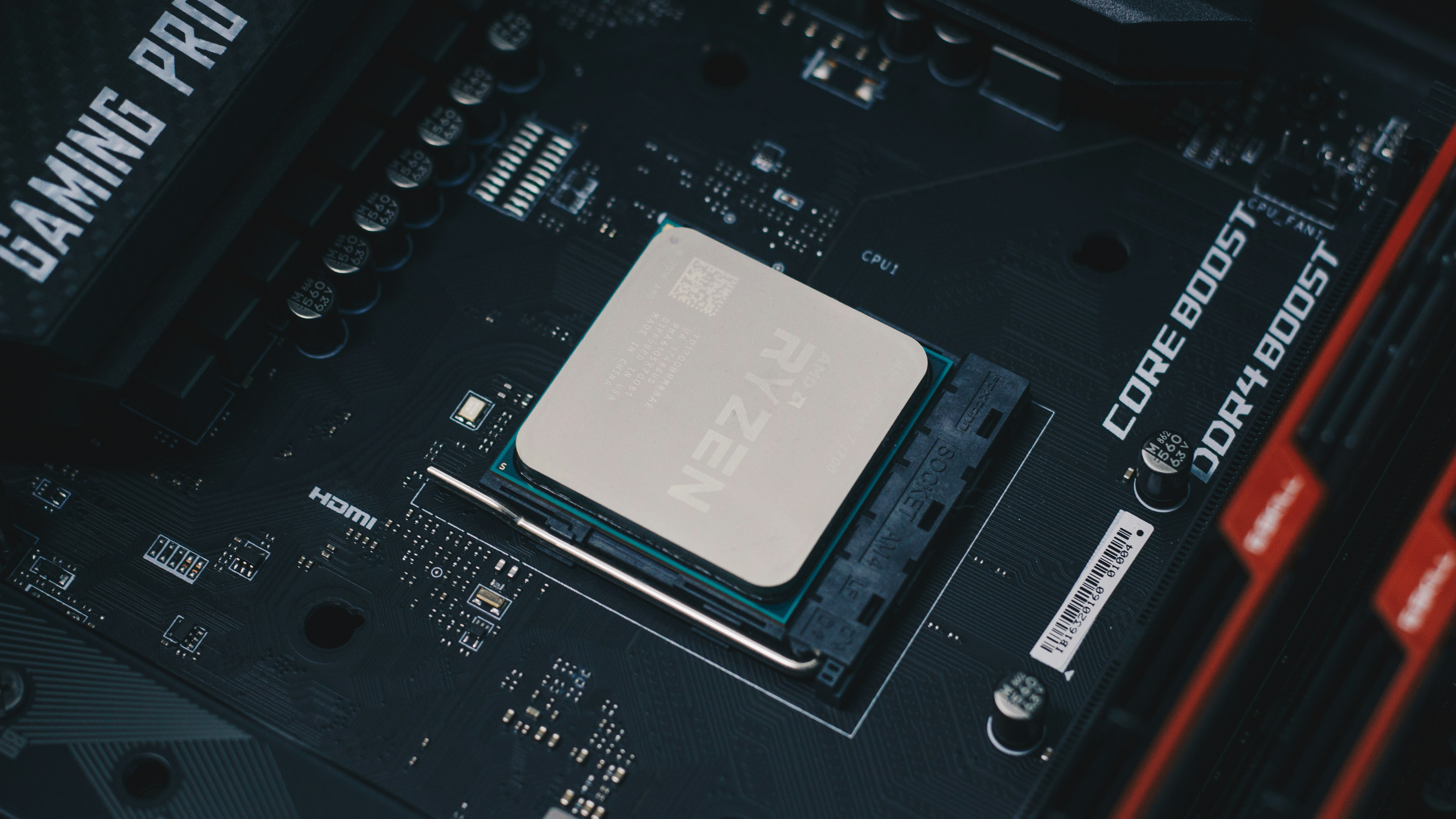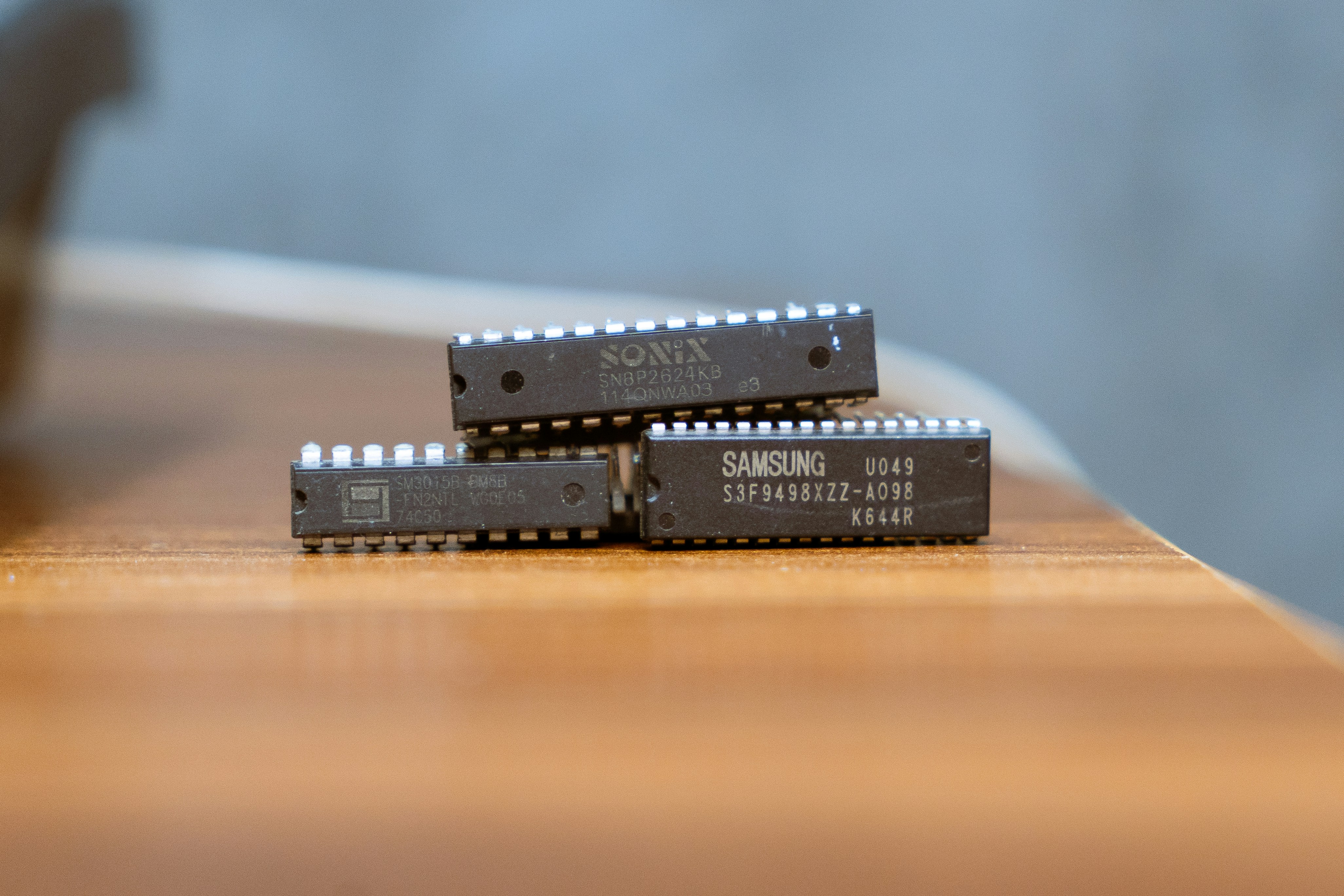The world's leading propulsion and control systems provider in the rolling stock industry. Our mission is to design, develop and produce state of the art power electronics systems and components for automotive electric vehicles, rail, and renewable energy sectors.
Overview of the role:
We are looking for a Structural/Thermal Design Engineer to join our R&D team. This role will be responsible for structural and thermal designs of innovative power semiconductor packages, modules and high-power density power electronics converter/inverter systems for automotive, renewable energy, energy storage and railway auxiliary converter applications.
What you will be doing in this role:
Design structural and thermal aspects of innovative power semiconductor packages and modules, as well as high power density power electronics converter/inverter systems for applications in automotive, renewable energy, energy storage, and railway auxiliary converters;
Develop structural designs for power semiconductor packages and modules, considering thermal, electrical, and thermo-mechanical requirements. Integrate these modules into high power density converter/inverter systems along with drive/control units, capacitors, inductors, transformers, and heat sinks;
Design advanced heat sinks and mounting methods to ensure optimal integration with power semiconductor packages/modules and/or complete converter/inverter systems;
Perform thermal, electro-thermal, thermo-mechanical, and computational fluid dynamics (CFD) modeling and simulations to evaluate and optimize the structural and thermal designs of semiconductor modules, heat sinks, and converter/inverter systems;
Collaborate with system and drive/control engineers to ensure that structural and thermal designs are compatible with overall electrical and control system requirements;
Coordinate with external suppliers and collaborators regarding components, materials, parts, and assembly processes for prototyping power semiconductor packages/modules and converter/inverter systems;
Establish assembly processes for prototyping the designed power semiconductor packages/modules and converter/inverter systems;
Conduct thermal testing of prototypes to verify thermal performance, including cooling efficiency and temperature monitoring effectiveness;
Perform reliability testing of prototypes to ensure structural integrity and compliance with lifetime expectations in accordance with industry standards and application-specific guidelines;
Communicate effectively with internal teams and external partners to report progress and coordinate tasks;
Prepare detailed documentation, including design reports and test results;
Draft invention disclosures to support patent applications;
Write and present technical papers for submission to high-impact conferences and/or peer-reviewed scientific and technical journals;We would like you to have:
Mechanical engineering, thermal management and the other related education and industry background;
3-5 years of working experience in structural design and/or thermal managements of power electronics, PhD degree with at least 3 years related experience, or a master degree with at least 5 years' experience;
Knowledge of power semiconductor devices such as Si IGBTs, diodes, SiC MOSFETs, and GaN HEMTs;
Understanding of substrate materials and components used in assembling power semiconductor packages/modules and power electronics converter/inverter systems, including direct bonded copper (DBC), direct bonded aluminum (DBA), active brazed metal (ABM) substrates, insulated metal substrates (IMS), ultrasonically bonded aluminum and copper wires, silicone gel, epoxy compounds, copper busbars and terminals, printed circuit boards (PCBs), and thermal interface materials (TIMs);
Familiarity with typical structures and assembly processes of conventional plastic-housed and transfer-molded modules, as well as emerging chip-embedded module technologies;
Knowledge of bonding technologies such as soldering, silver/copper sintering, ultrasonic wire bonding, ultrasonic welding, laser welding, and screw-fastening techniques;
Understanding of electro-thermal generation and dissipation in power semiconductor devices and their interconnections within packages/modules and converter/inverter systems;
Knowledge of requirements for thermal performance, electrical conduction and insulation, as well as thermo-mechanical integrity and reliability of power semiconductor packages/modules and power electronics systems;
Experience and/or knowledge in the structural design, material selection, and manufacturing technologies of various heat sink types, including pin-fin, heat pipe, vapor chamber, microchannel, spray, and jet impingement heat sinks;
Familiarity with temperature-sensitive electrical parameters and temperature sensors used to measure and monitor temperatures in power modules and systems;
Proficiency in creating 3D models and 2D technical drawings using CAD software such as Solid Edge and SolidWorks;
Knowledge of thermal, electrical, and mechanical properties of metals, ceramics, and organic materials used in assembling power semiconductor packages/modules and power electronics converter/inverter systems;
Strong foundation in solid mechanics, fluid dynamics, and heat transfer;
Understanding of numerical methods, including finite difference and finite element methods;
Skills and experience in performing thermal, electro-thermal, thermo-mechanical, and CFD simulations using software tools such as ANSYS and COMSOL;
Experience and/or knowledge of assembling power semiconductor packages/modules and power electronics systems;
Experience and/or knowledge of transient thermal testing methods to evaluate dynamic thermal responses and temperature monitoring in power semiconductor packages/modules and converter/inverter systems;
Understanding of thermal resistance and capacitance effects of material layers on transient thermal responses in power modules and systems;
Knowledge of reliability testing methods and failure analysis techniques for power semiconductor packages/modules and systems, based on relevant industry standards and application-specific guidelines;
Proficiency in English communication, including technical writing and documentation;
Proficient in office productivity software such as Microsoft Windows and Microsoft Office Suite;Benefits
Free lunch Monday to Friday
25 days holiday + 8 bank holidays
Holiday allowance increase with length of service
Bupa healthcare
Healthcare vouchers
Free on-site car parking
Free EV charging
10% Combined Pension
Life assurance
Professional Membership fees paid e.g. MIET, IEEE


